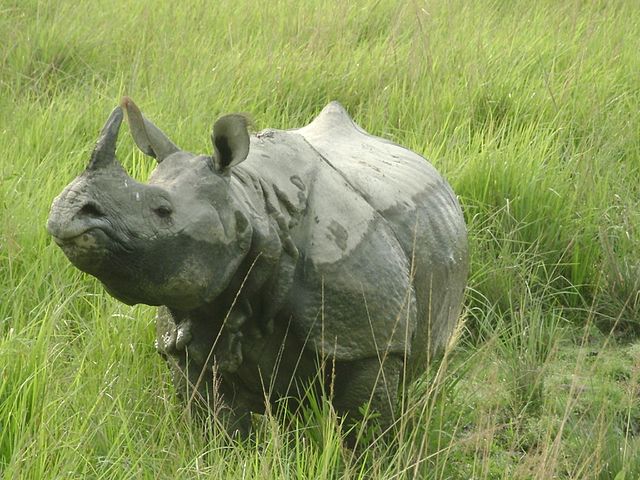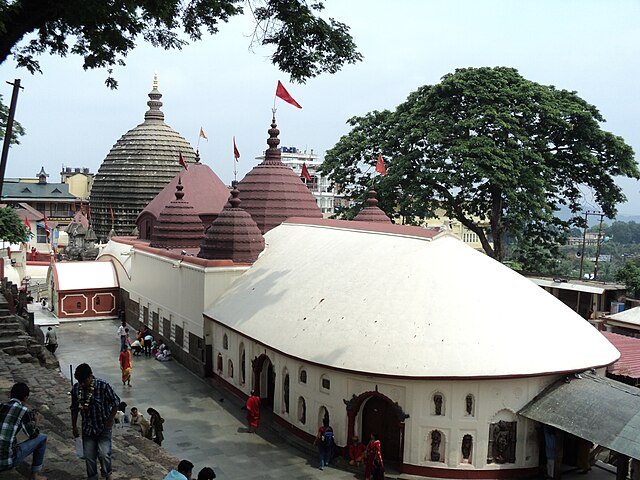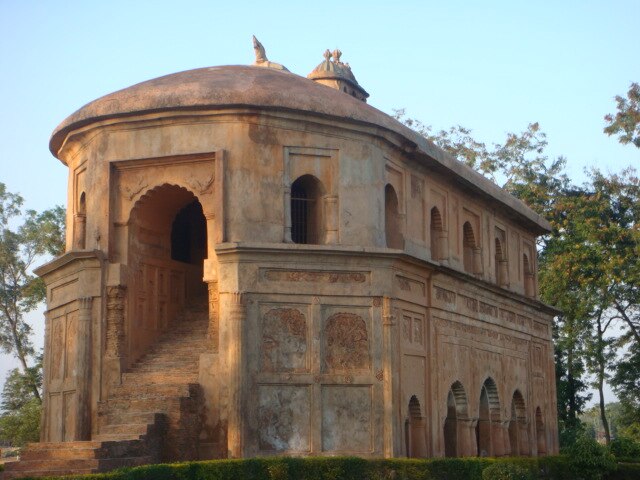Assam tea is a black tea named after Assam, India, the region of its production. It is manufactured specifically from the plant Camellia sinensis var. assamica (Masters). The Assam tea plant is indigenous to Assam—initial efforts to plant the Chinese varieties in Assam soil did not succeed. Assam tea is now mostly grown at or near sea level and is known for its body, briskness, malty flavour, and strong, bright colour. Assam teas, or blends containing Assam tea, are often sold as "breakfast" teas. For instance, Irish breakfast tea, a maltier and stronger breakfast tea, consists of small-sized Assam tea leaves.
Assam tea
A tin of Assam tea
Assam tea in a cup
An Assam tea garden
Assam is a state in northeastern India, south of the eastern Himalayas along the Brahmaputra and Barak River valleys. Assam covers an area of 78,438 km2 (30,285 sq mi). It is the second largest state in northeastern India by area and the largest in terms of population. The state is bordered by Bhutan and Arunachal Pradesh to the north; Nagaland and Manipur to the east; Meghalaya, Tripura, Mizoram and Bangladesh to the south; and West Bengal to the west via the Siliguri Corridor, a 22-kilometre-wide (14 mi) strip of land that connects the state to the rest of India. Assamese and Boro are the official languages of Assam. Meitei (Manipuri) is the official language of Hojai district and the entirety of the Barak Valley districts, while Bengali is an official language in the three districts of Barak Valley.
Image: Extra Zoomed Snap of Indian Rhino from Assam's Kaziranga National Park
Image: Kamakhya Temple, Guwahati
Image: Academic complex iitg
Image: Rangghar Assam








